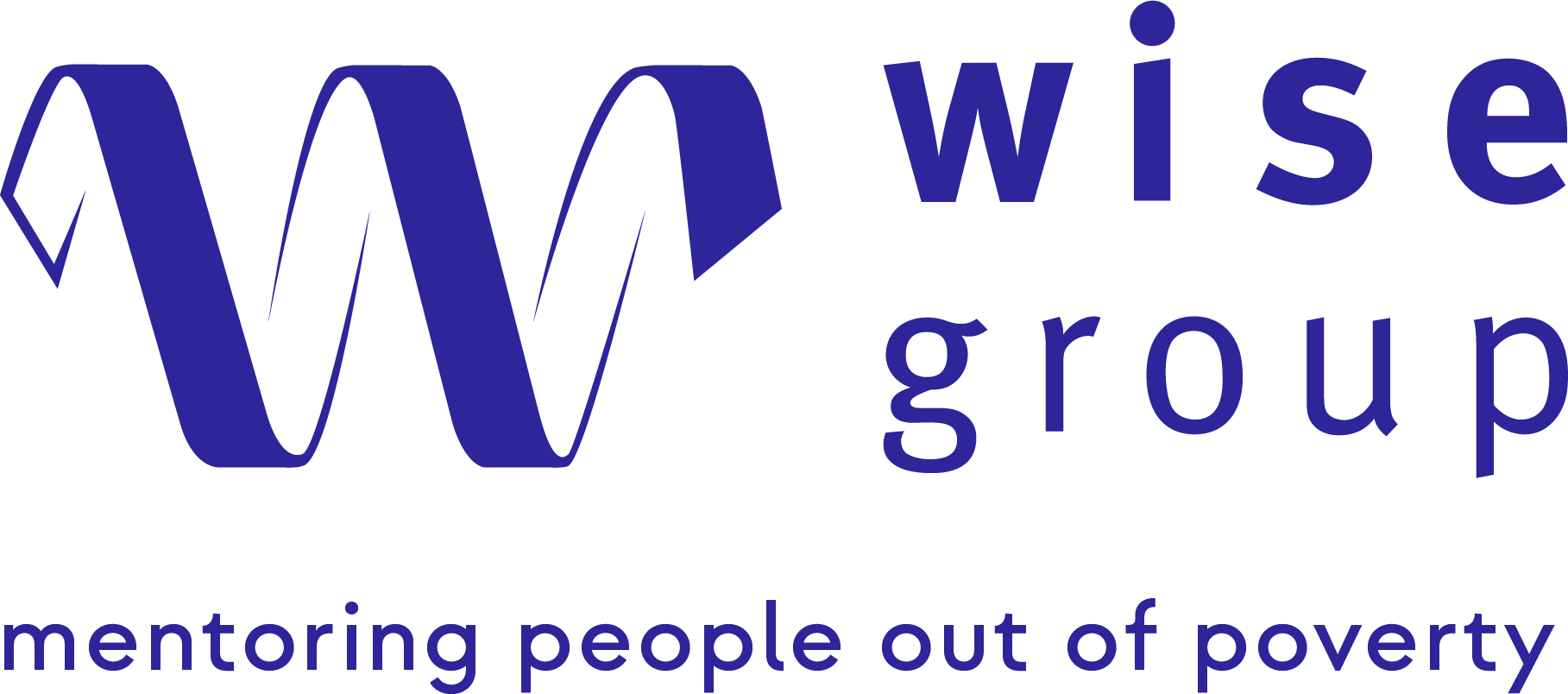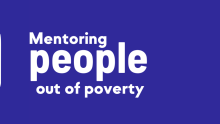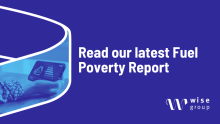Accommodation support is essential for people leaving prison. Finding accommodation can be overwhelming for many. Add in a global pandemic and it can seem insurmountable. Data from UK Government show that from April – June 2020, the National Probation Services referred the largest number of people (1480) under Duty to Refer. This is followed closely by Adult Secure Estate (prison) at 730, while Community Rehabilitation Companies referred 190 people.
Our Through the Gate mentors work with those taking their first steps towards release from prison. They create resettlement plans and providing wraparound guidance that supports and encourages strong choices that will help them move away from crime.
A mentor’s job is as varied as it is vital. Each day they act as the golden thread between what their customer needs and the essential services that support these needs.
Here, we celebrate the work our customers put in, with the support from their mentor, to break free from the current of crime. We’ve changed some names to protect the identities of our customers.
Rory
On release, Rory was living with addictions that had thrown up challenges in the past. This time, he was determined to break the pattern and set himself a goal of being substance free and holding down a tenancy of his own. On release, he was feeling hopeful for a fresh start in a new area. However, the day of release was chaotic. He was asked to present at his local council homelessness team where his initial request for accommodation was rejected.
With the support and encouragement of his Wise Group mentor, Rory worked through his disappointment and focussed on being positive. This paid off and, with 10 minutes to spare, Rory was granted B&B accommodation that day. He would stay there for four months before moving in to a tenancy of his own. Rory’s persistence and positivity that day is the reason he achieved his goal and has a place to call home.
Frank
Frank had given up his tenancy after the details of his offence were shared on social media, resulting in threats towards him. He didn’t have family to call upon and, as an older man with no mobile phone and several health issues, things weren’t looking good. He presented as “No Fixed Abode” and with his Wise Group mentor in his corner work began to find safe and suitable accommodation.
With the local library closed and council access points unavailable during the pandemic, Frank was advised to call the housing team on release and was given directions to the nearest free phone box to the prison. Meanwhile, his mentor prepared a liberation pack containing tailored information around benefits, housing and directions to the nearest bus and train stations as well as funds to purchase a basic mobile phone.
Time was of the essence in Frank’s case. He was vulnerable and had been given short notice of his release date. As a matter of urgency following his release, his mentor contacted the housing team to find out that Frank had not called as planned. The phone boxes were out of order.
Frank did manage to stay at a friend’s that night and he was able to focus on building relationships with his family and with the local housing team.
His mentor could rest knowing that for Frank’s all important first 48 hours after leaving prison, he was safe and not sleeping on the streets.
The Wise Group delivers an enhanced Through the Gate service for Durham and Tees Valley CRC, supporting people leaving prison with resettlement and wraparound mentoring provision. A recent partnership between the Wise Group and St Giles Trust will also create a values-led, third sector partnership that will bid for the Personal Wellbeing Call-Off Competition on the Probation Dynamic Framework. Read about it here.
Let’s talk
If you’d like to know more about our work in justice, you can find out more here. If you’d like to chat to someone in the team, send us an email.














